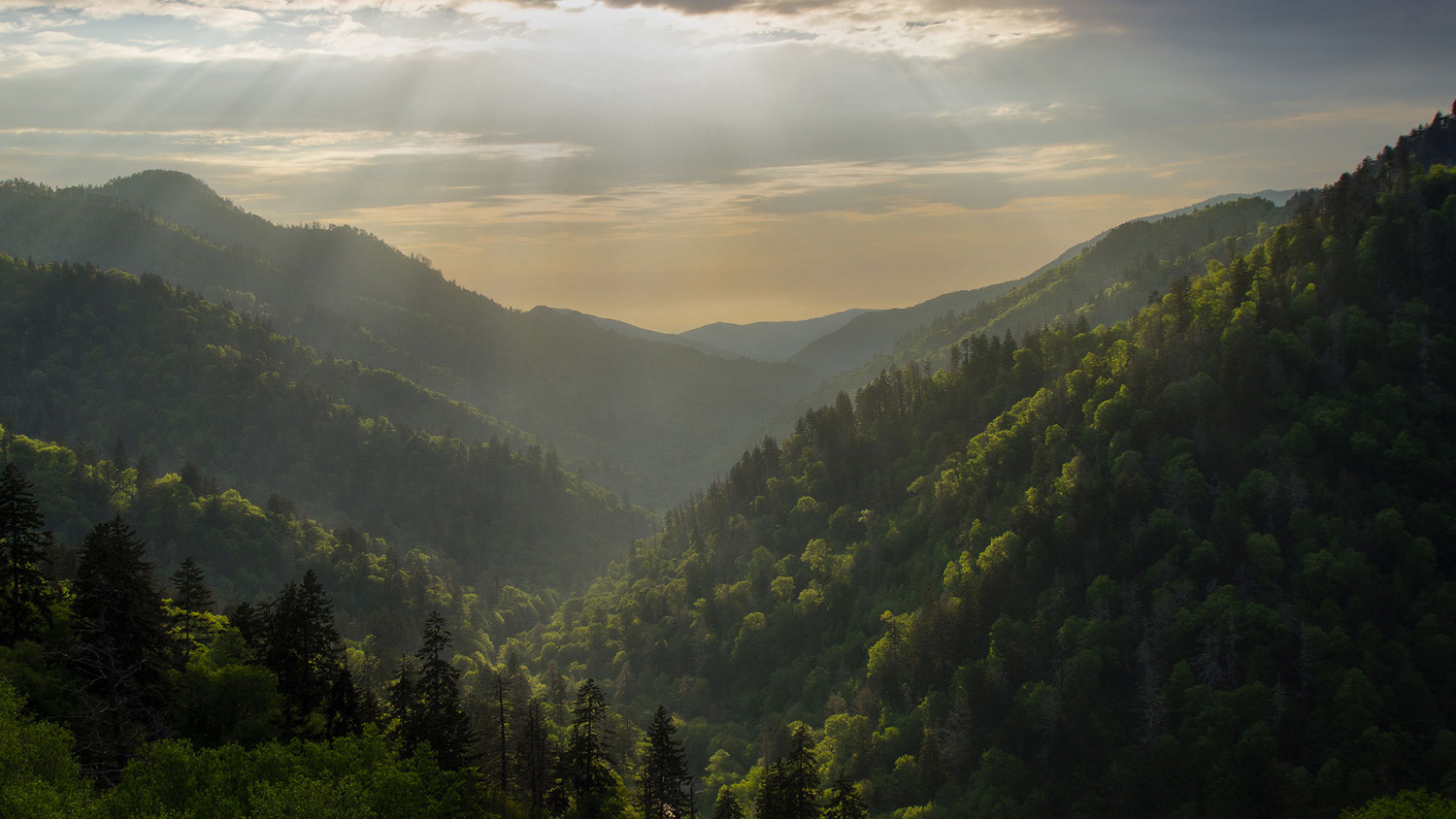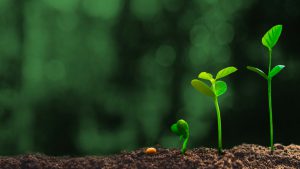As part of our ongoing commitments to our customers and the environment, we update everyone every month on what we’ve done to increase our sustainability. In October, we planted 4,825 trees and funded four Gold Standard projects
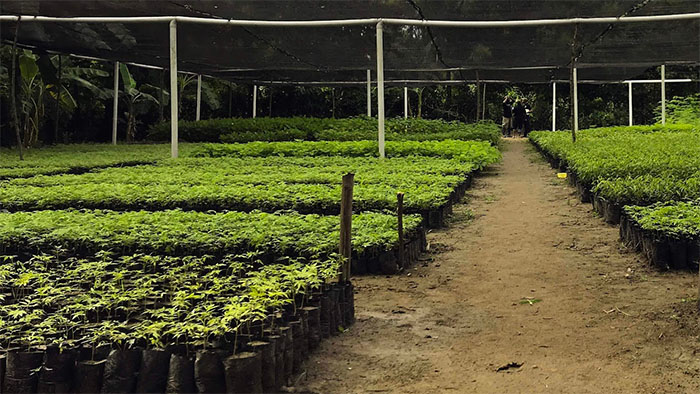
Over 4,700 trees planted for our customers
For each web hosting, Managed WordPress, and VPS package purchased by our customers, we plant trees through Eden Reforestation Projects, planting in Haiti, Indonesia, and Nepal. This month, we planted 4,704 trees.
We plant trees in Haiti to reinforce mangrove forests along the coastline and help stop erosion, as well as planting fruit trees in local communities to help build up food security. In Indonesia, mangroves are also being planted along shorelines to rebuild forests that have been destroyed by storms, clear-cutting, and tsunamis. And in Nepal, trees are being planted in three locations — in the mountains to help reduce erosion, in the grasslands to provide more support, and around the Chitwan National Park to provide a buffer zone to protect wildlife.
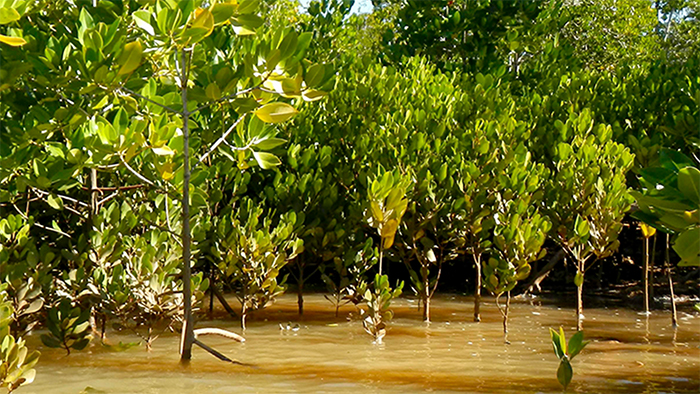
Over 120 trees planted for our employees
Through Ecologi, we offset our employees’ carbon footprint by planting trees with them. This month, we planted 121 trees in Madagascar, Mozambique, and Scotland.
In Madagascar, Ecologi planted 78 new mangroves for us in their Marataola tree-planting project, helping restore the coastline and reinvigorate the mangrove forests. In Mozambique, 42 new trees were planted as part of their Changalane tree-planting program, helping to rebuild forests lost to firewood and charcoal production. And in Scotland, one Downy Birch was planted with the Future Forest Company, helping to reforest parts of Scotland as well as provide support for local communities.
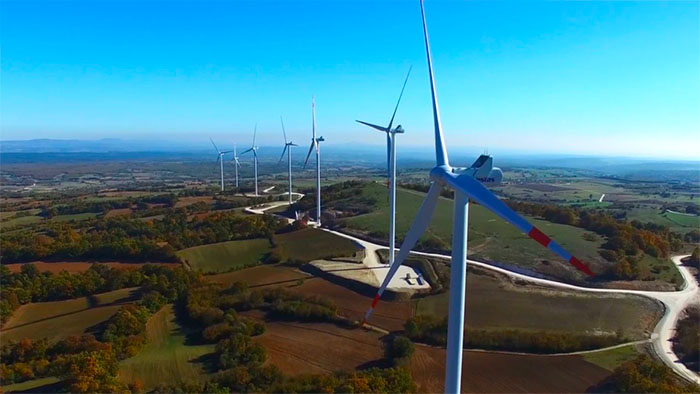
Funding wind farms in Turkey
Ecologi also sponsors Gold Standard projects around the world, and this month they sponsored more wind farms in Edirne. In the Aegean and Marmara regions of Turkey, there are generally higher wind speeds than in other parts of the country, making the area perfect for wind farms. And with these additional turbines, Turkey is moving further away from coal-powered power plants, not only reducing CO2 emissions but also reducing sulphur oxide and nitrogen oxide emissions.
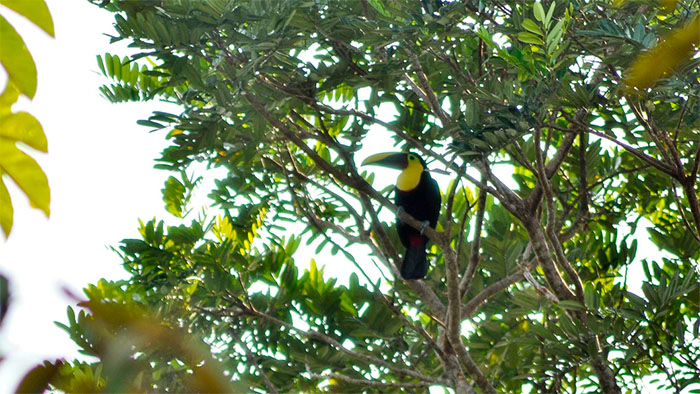
Protecting the Colombian forest
They also helped to fund a REDD+ project designed to protect the Pacific coastline of Colombia. By helping the local communities find more sustainable sources of revenue, this project reduces illegal logging in the incredibly diverse Chocó-Darién region. With over 5,000 known plant species in the area, this project helps protect the existing diversity, as well as reforesting the area.
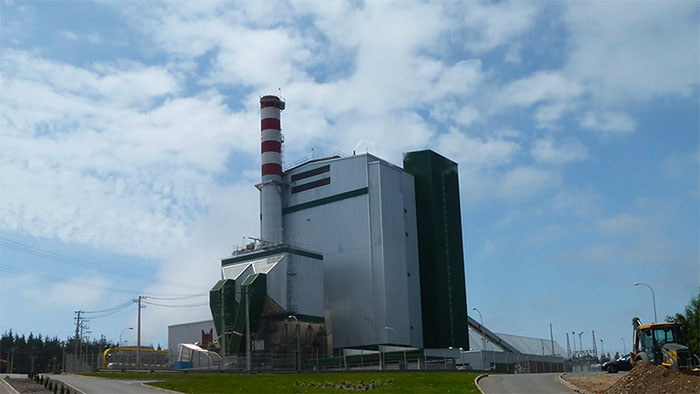
Producing electricity from waste biomass in Chile
Using biomass to produce electricity is a bridging solution for power production, stopping the use of high-polluting fossil fuels while more renewable energy sources are being produced. This project supports a power plant that uses waste biomass produced by the Viñales sawmill, as well as other forestry operations nearby, and burns it to produce steam for turbines that generate electricity. Using the sawdust, bark, and woodchips created by the sawmill powers the sawmill itself, cuts down on the amount of coal and oil used to fuel power plants, and prevents that waste biomass from being burnt out in the open.
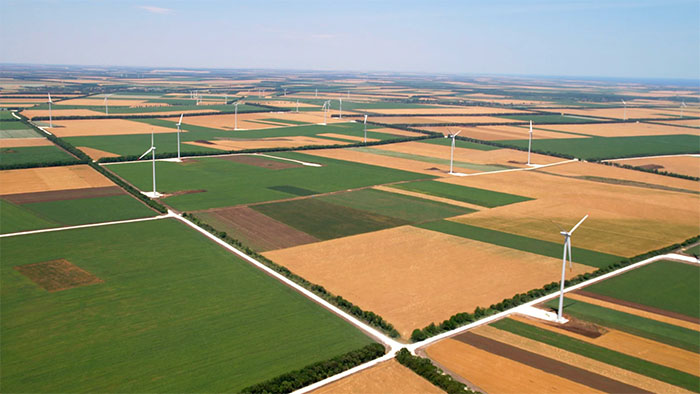
Supporting wind energy in Bulgaria
Our last supported project this month is the Saint Nikola Wind Farm in Kavarna, Bulgaria. Bulgaria’s wind power sector is increasing rapidly, as the Black Sea region has strong winds during the winter and spring, making it perfect for wind turbines. This project will have 52 turbines across the area, ensuring plenty of space for farmers while producing electricity for the region.
Our monthly impact
Through our tree planting and project funding, we’ve reduced our carbon footprint this month by an additional 208 tonnes, making it nearly 4,000 tonnes since we started. This amount is the equivalent of nearly 12 kilometres squared of sea ice being saved, around 4,980 tonnes of rubbish being recycled instead of going to the landfill, over 7,300 metric tonnes of coal not being burned, and over 6,240,000 litres of petrol not being used.
We’ll keep you updated every month with what we’re doing on our blog and on our Green Credentials page. We hope you’re as happy with the work that we’ve done as we are.
